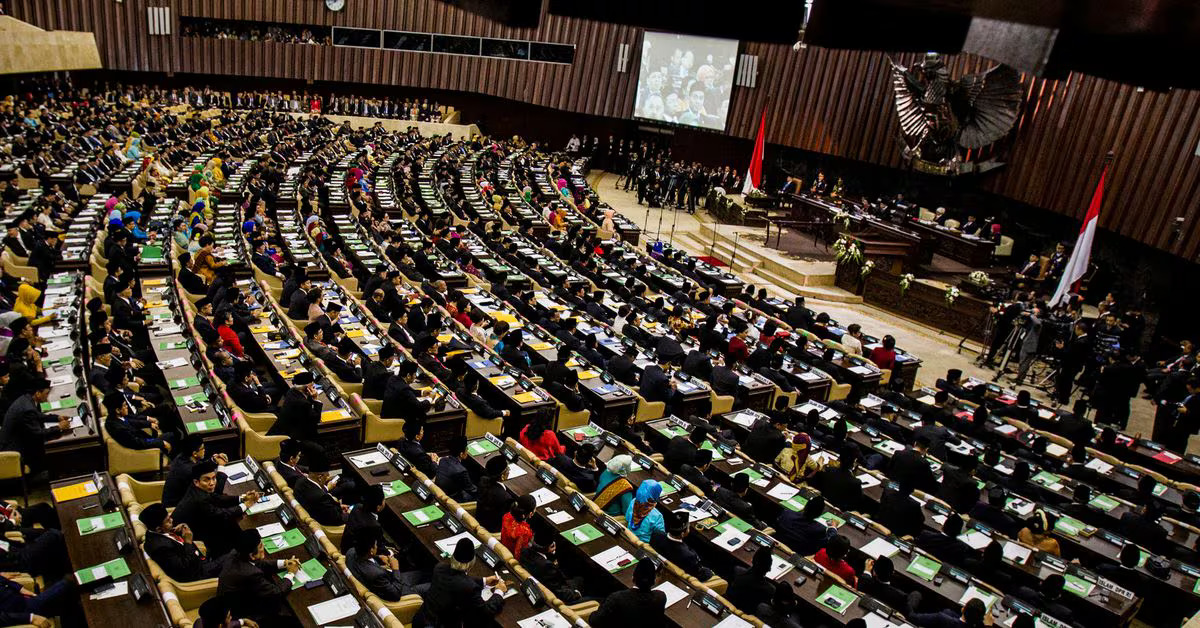The recent presidential election in Indonesia, which initially sparked controversy due to premature claims of victory, is now seen as a potential harbinger of continued crypto-friendly regulations in the country. With former defense minister Prabowo Subianto and President Widodo’s son, Gibran Rakabuming, securing a significant portion of the votes, the political landscape suggests continuity in Indonesia’s blockchain strategy.
Despite initial concerns surrounding the election process, the finalized results affirm the ruling party’s continued hold on power. This stability is perceived positively within the crypto industry, signaling a likelihood of unchanged or even improved regulations concerning cryptocurrencies in Indonesia.
The Commodity Future Exchange (CFX), operating as the nationalized bourse for crypto, asserts its political neutrality while acknowledging Gibran’s supportive stance toward crypto. Subani, the head of CFX, notes Gibran’s attention to the crypto industry during the election period, indicating a favorable outlook for the sector.

Indonesia’s Presidential Election Could Mean More Support for Crypto (Credits: Coin Desk)
Under President Joko Widodo’s administration, Indonesia has witnessed significant growth in its cryptocurrency industry, which has been marked by regulatory frameworks, the establishment of a national crypto exchange, and the implementation of tax systems. There are indications that the government may further support the sector through tax cuts.
Industry figures like William Sutanto from INDODAX express confidence in Gibran’s potential to advance blockchain and crypto initiatives, particularly given his representation of the younger generation. There’s hope that the government will extend full support to cryptocurrencies, positioning Indonesia competitively in Southeast Asia.
While Indonesia leads the region in registered crypto users, it trails behind in trading volumes compared to countries like Thailand and Vietnam. CEOs of local exchanges, such as Yudhono Rawis from Tokocrypto, emphasize the economic potential of crypto and blockchain, underscoring the need for improved infrastructure, education, and regulatory clarity for sustained industry growth.























